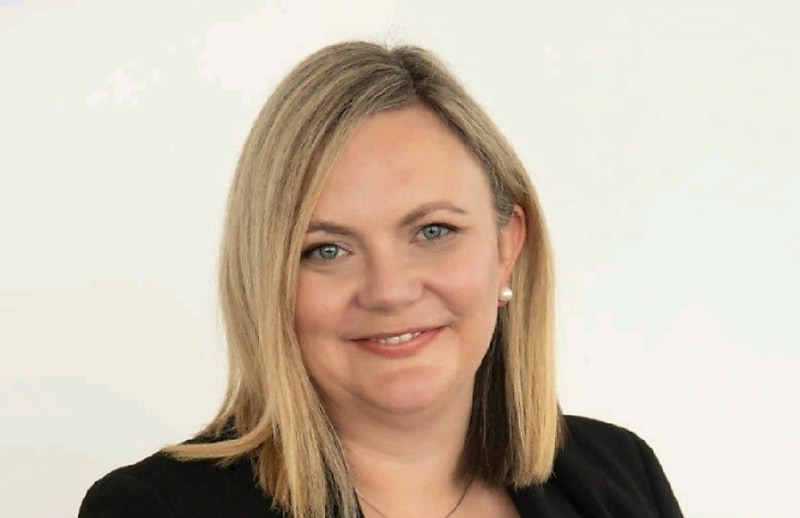The ATO is on a myth-busting mission about FBT and warning employers about pushing the limits of the personal use exemption, especially around utes, Deputy Commissioner for superannuation and employer obligations Emma Rosenzweig says.
Ms Rosenzweig said many employers were starting to offer fringe benefits to attract staff in the tight labour market.
You’re out of free articles for this month
“We’re seeing some employers offer fringe benefits for the first time as they think about how to attract different employees or how to retain good employees and they may not have thought about fringe benefits tax before,” she said on a recent KPMG podcast.
“So our current focus is on increasing general awareness but also busting some of the common myths that we’re being told about.”
Ms Rosenzweig said the ATO had been receiving calls about “outrageous claims” made in advertising concerning FBT.
“One of the myths we’ve been looking to bust is around utes, dual-cab utes in particular, because there’s been this idea that if you provide a ute to your employees for work and they take it home over the weekend, then that doesn’t attract FBT,” she said.
“[However], I’m here to tell you that there is no magic in a ute and the exemption for private use of a work vehicle for FBT is only where that private use is really limited.
“So if your employees are able to take the work car home on the weekend and they go camping or take their bikes to go on biking trails, then that is not limited to personal use and will start to attract FBT.”
Employers should familiarise themselves with the ATO’s position on exempt car benefits and FBT, she said. With Christmas approaching, employers should also be aware of how FBT might apply to end-of-year work celebrations.
She reminded employers and accountants that the final five draft legislative instruments that implemented changes to FBT record keeping were released by the ATO last month.
The changes followed a law that gave the Commissioner the power to allow employers to rely on alternative records to finalise their FBT returns.
Once the Commissioner has finalised the legislative instruments that prescribed what the alternative records were, Ms Rosenzweig said employers would have the choice to use corporate records instead of travel diaries or employee declarations.
The measures would apply from the 2024–25 FBT year, which commenced on 1 April next year.

 Login
Login






